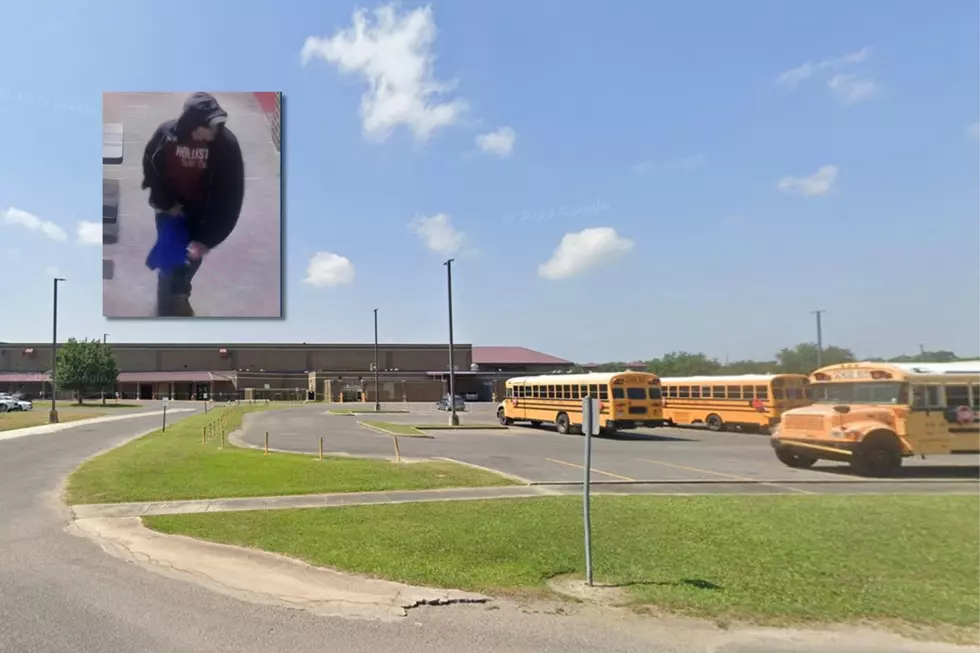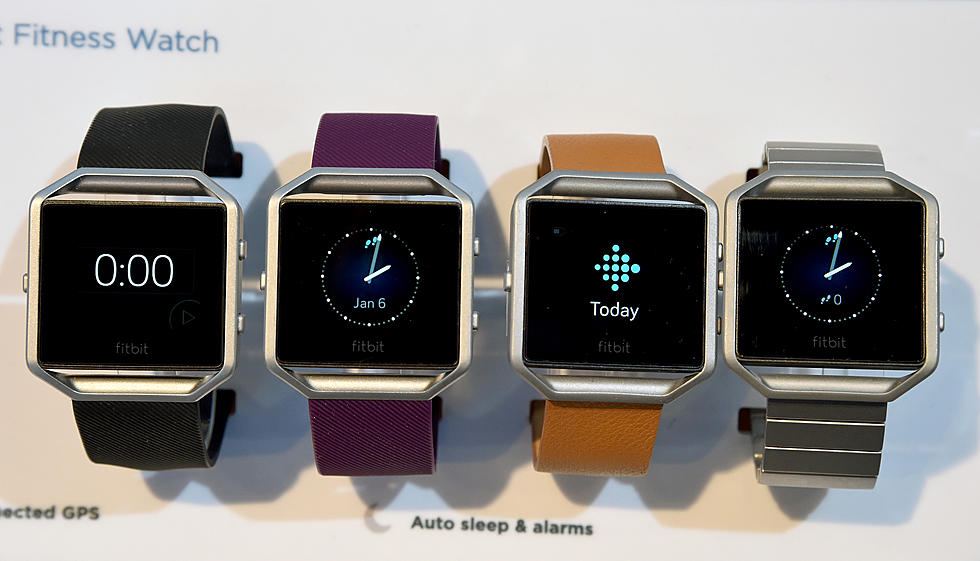
Tulane Study Finds Healthcare Scheduling Discrimination
A Tulane survey of primary care appointment wait times finds compared to white callers, minorities have three to seven day longer wait times to get a call back from medical facilities about setting up an appointment time.
And that’s not the only discriminatory practice they found. Soon-to-be Tulane research assistant professor Brig Walker says minority callers faced more questions as well.
“Black and Hispanic, even though they were not calling in different, on average, locations by rates of insurance or income were asked about their insurance in some cases more than twice as often as white callers,” says Walker.
The field study was conducted in Texas, where Tulane recruited Hispanic, black, and white callers who placed appointment requests with 800 primary care offices.
Hispanics faced a three day longer wait, and blacks a seven day longer wait than similar white patients. Walker says that can have a serious impact on health outcomes.
“There is significant literature on the effects whether it be mental health, the stress, as well as the physical distress and challenges that are coming from delays,” says Walker.
Walker says these findings could help reduce discrimination in healthcare appointment scheduling and possibly help shift the industry to more automation.
“It’s not saying that this is not necessarily out of malice, it’s just something that is implicit and beneath the surface, but leading to actual tangible differences in care access,” says Walker.
More From News Talk 96.5 KPEL







